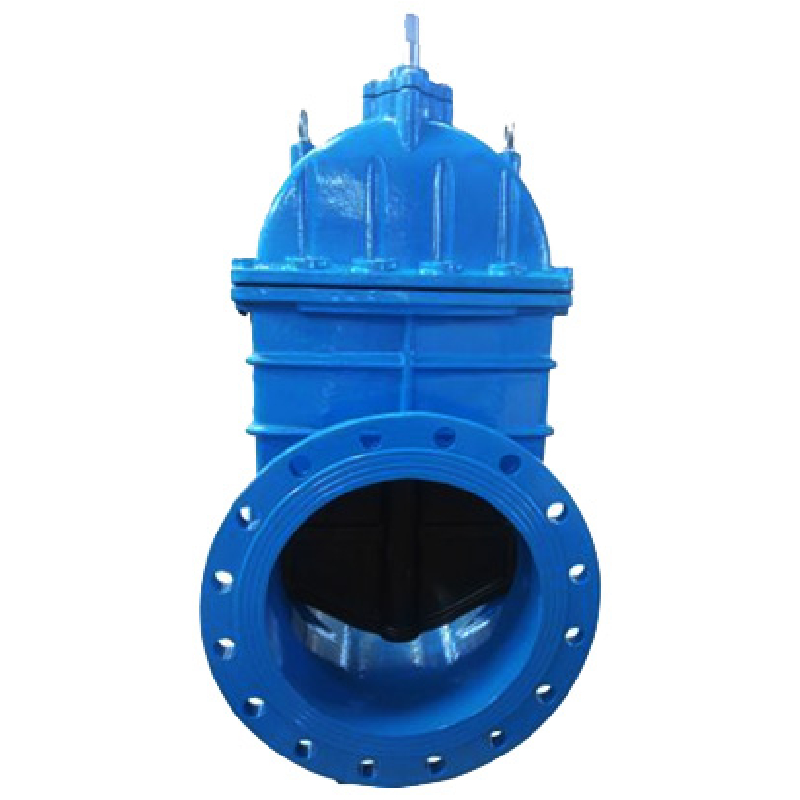Δεκ . 04, 2024 18:23 Back to list
pneumatic ball valve
Understanding Pneumatic Ball Valves Functionality, Applications, and Benefits
Pneumatic ball valves are essential components widely used in various industries for fluid control applications. These valves utilize a hollow, perforated sphere (the ball) that can rotate within the valve body to control the flow of gases or liquids. This unique design allows for quick and efficient regulation of fluid flow, making pneumatic ball valves highly effective for numerous applications.
Working Principle
The operation of a pneumatic ball valve is relatively straightforward. The valve consists of a ball with a hole drilled through its center, which can be aligned with the flow path. When the valve handle or actuator is rotated 90 degrees, the ball's hole aligns with the pipe's flow direction, allowing fluid to pass through. Conversely, when the ball is rotated back, the hole obstructs the flow, closing the valve. The actuator in pneumatic ball valves is typically controlled by compressed air, making the opening and closing process both simple and efficient.
Types of Pneumatic Ball Valves
There are several variations of pneumatic ball valves, each designed for specific applications
1. Two-way Ball Valves These are the most common type and are used to control the flow of fluid in a single direction. They have two ports – one for inflow and one for outflow.
2. Three-way Ball Valves These valves feature three ports and can be used to switch the flow between two different circuits or to mix two different fluids. They can be configured in two primary arrangements L-port (for mixing) and T-port (for diverting).
3. Multi-port Ball Valves These valves have more than three ports, allowing for even more complex flow patterns. They are particularly useful in applications where multiple flows need to be controlled simultaneously.
Applications
Pneumatic ball valves are used in a wide range of industries, including
1. Oil and Gas These valves are crucial for controlling the flow of crude oil, natural gas, and other petroleum products through pipelines and processing facilities.
2. Water Treatment In applications related to water treatment and distribution, pneumatic ball valves ensure effective flow regulation, preventing leaks and maintaining system integrity.
pneumatic ball valve

3. Chemical Processing The chemical industry often uses these valves to manage the flow of corrosive fluids while ensuring safety and reliability in the production process.
5. Pharmaceuticals The precise control offered by pneumatic ball valves is critical in pharmaceutical manufacturing, where exact flow rates can impact product quality.
Benefits of Pneumatic Ball Valves
Pneumatic ball valves offer multiple advantages over other types of valves, making them a preferred choice in many applications
1. Quick Operation The 90-degree rotation of the ball allows for rapid opening and closing, making pneumatic ball valves ideal for processes requiring fast response times.
2. Low Torque Requirements Pneumatic systems require less force to operate compared to manual valves, making them easier to use and reducing wear on the valve components.
3. Durability and Reliability These valves are designed to handle high pressures and temperatures, contributing to a long service life even in harsh operating conditions.
4. Minimal Leakage The design of the ball valve, with its tight seals, minimizes the risk of leaks, enhancing system reliability and safety.
5. Versatility Pneumatic ball valves can be easily automated and integrated into various control systems, making them suitable for both simple and complex operations.
Conclusion
In conclusion, pneumatic ball valves are a vital component in modern fluid control systems across various industries. Their simple yet effective design, coupled with numerous benefits, makes them an excellent choice for controlling gas and liquid flow. Understanding their functionality and applications can help engineers and operators make informed decisions when selecting the appropriate valve for their specific needs. Whether in oil and gas, chemical processing, or food and beverage industries, pneumatic ball valves play an indispensable role in ensuring efficiency and safety in fluid management.
Share